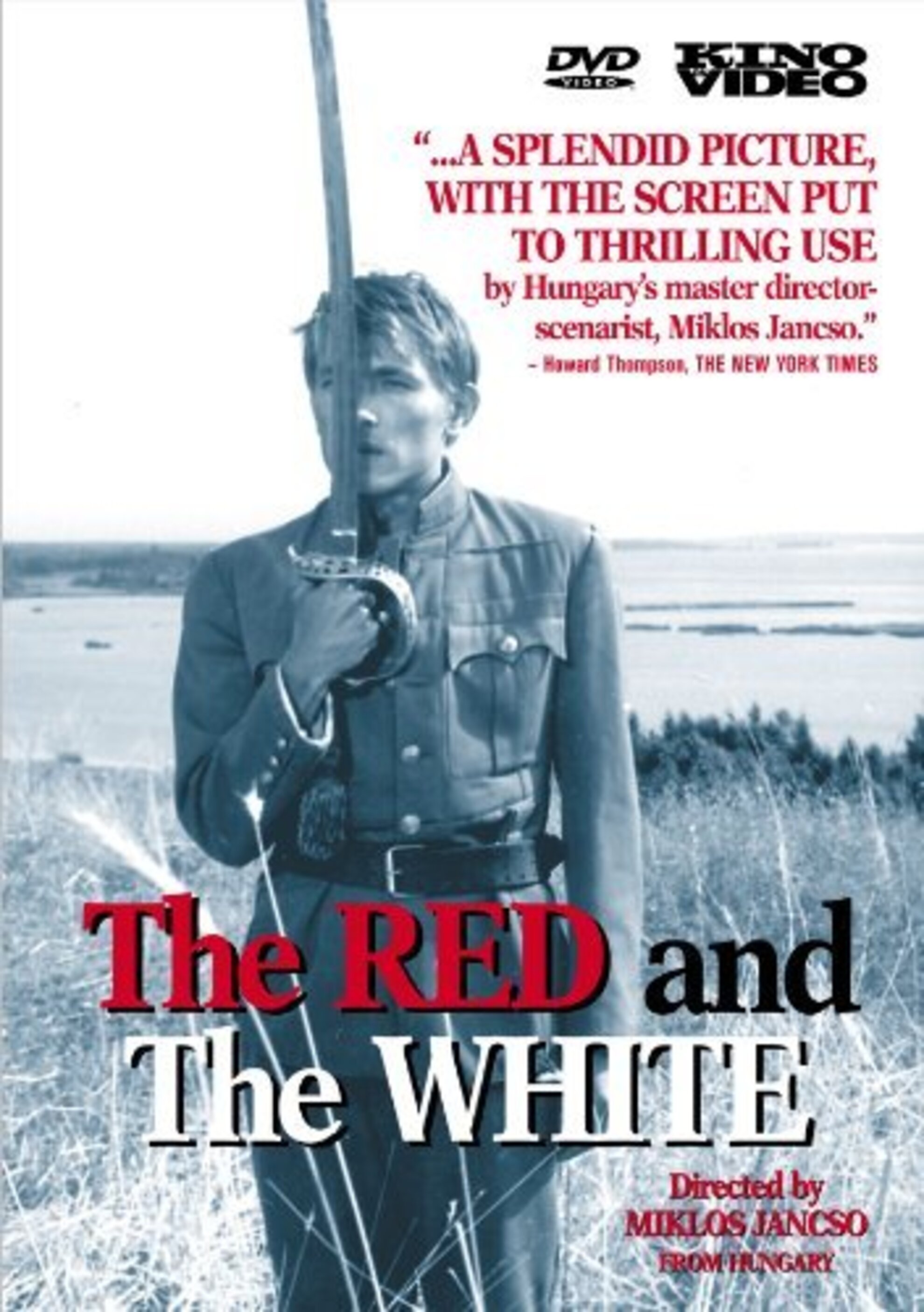You might also want to check out over the years, or take a look at the blockbuster .Mephisto (1981) István Szabó’s Mephisto is Hungary’s only Oscar winning film. Set in WWII Germany, actor Hendrik finds himself at the centre of his own Faustian drama - both on the stage and in real life, as he sells his soul and abandons his conscience when he ingratiates himself with the Nazi Party to maintain his social position.

The Witness (1969) This black comedy by Péter Bacsó was banned for over a decade for its satirical and critical depiction Hungary’s communist regime, and has since become one of Hungary’s most beloved films. Simple dike keeper József Pelikán is arrested for illegally slaughtering his pig, but instead of prison, he finds himself in positions reserved for the communist elite. However, Pelikán is completely clueless that he’s meant to return the favour as a witness in a show trial.

My Twentieth Century (1989)Directed by Ildikó Enyedi, this film tells the story of two identical twins born on the day Edison invented the light bulb. Separated at childhood, the twins find themselves on the Orient Express unaware of each other’s presence. Dora and Lili live opposing lives; one is a courtesan living a life of hedonistic decadence, while the other is a feminist anarchist.

The Fifth Seal (1976)Zoltán Fábri’s The Fifth Seal is a study in depersonalisation. The film is set in Budapest in 1944 and begins with an unusual premise, where a group of friends are arrested for a casual remark that offends a commandant. The story expands as the friends come face-to-face with a series of daunting tasks that test the group’s moral ideals.

The Red and the White (1967) Just after the Russian Revolution in 1919, Mikós Jancsó’s depiction of the Civil War is a unique film in its genre. Hungarian communists come to the aid of the Bolsheviks, the reds, near the Volga River to fight against the Czarists, the whites. The two sides have no plan, and the focus characters drop off like flies. Jancsó captures the chaos and arbitrariness of war perfectly.

Satantango (1994) A list classic Hungarian films would not be complete without including something by Béla Tarr. Based on the novel by László Krasznahorkai, this epic 450-minute version of Satantango depicts the decline of Communism in Eastern Europe. It's set in a dilapidated village in Hungary, where everything has come to a standstill. Being 7.5 hours long, it’s not for the fainthearted though!

Love / Szerelem (1971)Károly Makk’s film about the wife of a political prisoner, who not only tends to her mother-in-law but goes to great lengths to hide the truth about her son. The film gained recognition at the Cannes International Film Festival, winning three awards and one nomination at the esteemed festival.

Kontroll (2003) Nimród Antal’s modern classic about the surreal and subterranean lives of metro ticket inspectors has most certainly achieved cult status both in Hungary and abroad. Filmed entirely within the Budapest metro system by night, this is one film that exudes originality and dark humour, and is a must for your collection of Hungarian films.




